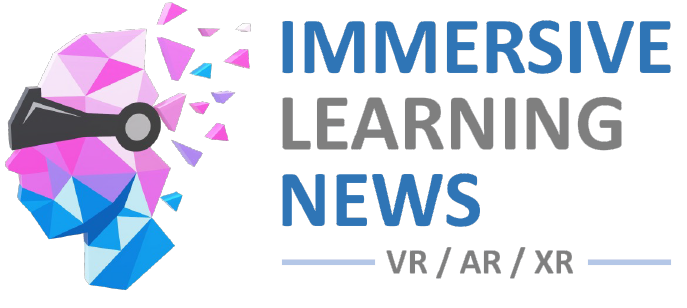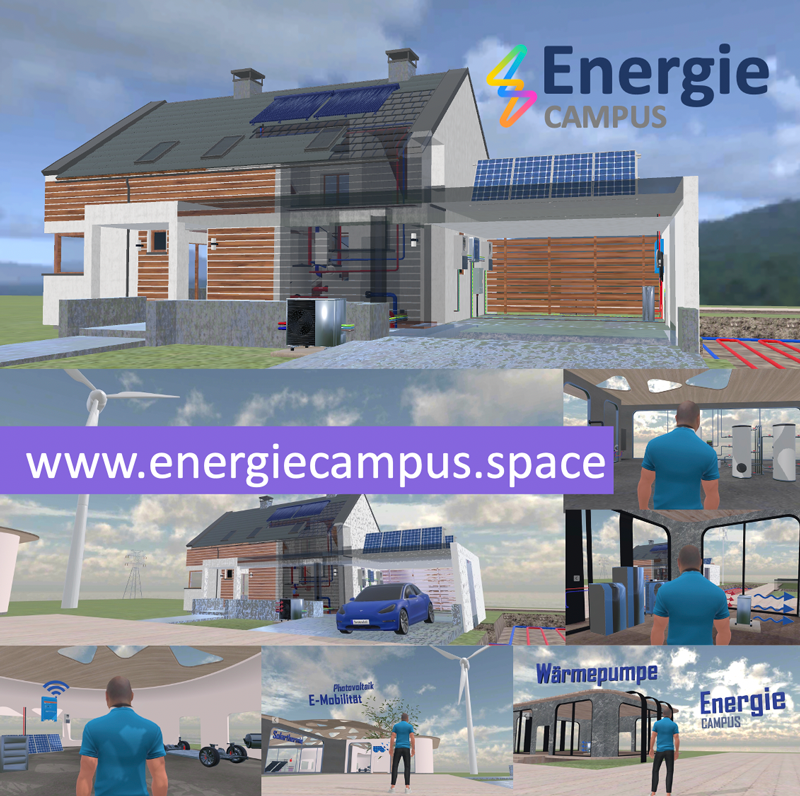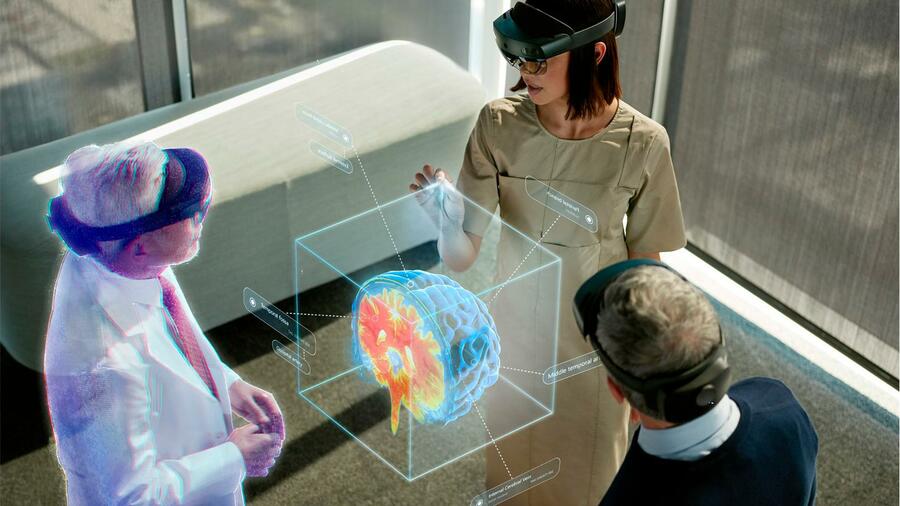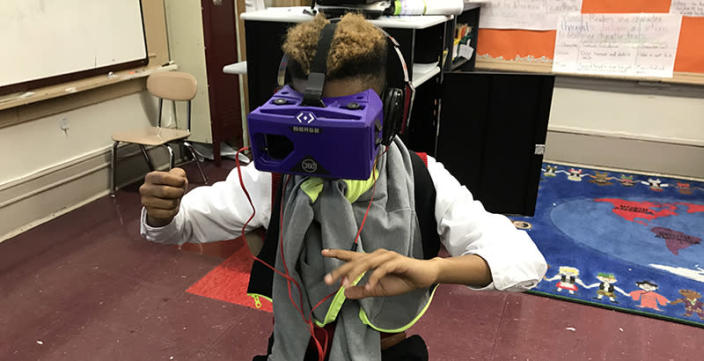Enhancing different industries with XR solutions
Extended reality (XR) technology has seen significant growth and adoption in recent years, with the potential to transform various industries.
One area where extended reality can be particularly useful is in field services. Field services refer to the work performed by technicians or engineers who provide on-site support for various industries, such as manufacturing, utilities, and telecommunications. In this article, we will explore how extended reality can be useful in field services.
Enhanced Training
Extended reality can be used to provide more effective and engaging training for field service technicians. Through virtual and augmented reality, trainees can be immersed in real-life scenarios that mimic the conditions they will face in the field. This provides a safe and controlled environment for trainees to practice their skills and learn how to handle various situations. For example, trainees can learn how to troubleshoot equipment, navigate complex machinery, and identify potential hazards.
Reduced Cost
Field services is an important part of offering excellent customer experiences to consumers in a range of different sectors. However, it can be an expensive and resource-consuming process.
Field services professionals need to travel around various countries and cities to deliver their support to customers, and this can require a lot of fuel and vehicle expenses.
For instance, extended reality training means employees within the field services space don’t have to travel to various locations to learn how to use machinery, or waste essential materials and resources.
Remote Assistance
Field service technicians often work in remote locations, making it challenging to access support when they need it. Extended reality can be used to provide real-time remote assistance to technicians in the field. With the help of smart glasses or other wearable devices, technicians can share their point of view with remote experts who can guide them through repairs, maintenance, or other tasks. This can improve the speed and accuracy of repairs, reduce downtime, and improve customer satisfaction.
Increased Efficiency
Extended reality can also help field service technicians become more efficient in their work. By using AR or VR, technicians can access information in real-time, such as repair manuals, schematics, and other data. This can reduce the time it takes to complete tasks and minimize errors. Additionally, AR and VR can help technicians visualize complex machinery and equipment, making it easier to identify problems and find solutions.
Improved Safety
Safety is a top priority in field services, where technicians are often working in hazardous environments. Extended reality can be used to enhance safety by providing technicians with a virtual representation of their surroundings, highlighting potential hazards and risks. This can help technicians avoid accidents and injuries while on the job. Additionally, XR can be used to provide safety training and simulations, allowing technicians to practice emergency procedures and develop critical safety skills.
Enhanced Collaboration
Extended reality can also improve collaboration between field service technicians and other stakeholders, such as engineers, supervisors, and customers. By using AR or VR, technicians can share their perspective with other team members, allowing for better communication and coordination. This can help reduce misunderstandings, improve the quality of work, and increase customer satisfaction.
Data Visualization
Data is an important aspect of field services, as it provides valuable insights into the performance of equipment, maintenance schedules, and other metrics. Extended reality can be used to visualize data in new and innovative ways. For example, AR can be used to superimpose data onto a technician’s view, providing real-time updates on the performance of machinery or other equipment. This can help technicians make data-driven decisions, improve efficiency, and reduce downtime.
Customer Engagement
Field service technicians often interact with customers, and extended reality can be used to enhance those interactions. By using AR or VR, technicians can provide customers with a more engaging and informative experience. For example, AR can be used to superimpose product information onto the real world, allowing customers to see the features and benefits of a product in action. This can help build customer loyalty and increase sales.
In conclusion, extended reality technology offers numerous advantages that can revolutionize the field services industry. By enabling immersive and interactive experiences, XR has the potential to enhance various aspects of field services, such as training, remote assistance, safety, efficiency, collaboration, data visualization, and customer engagement. As the technology continues to develop and improve, we can expect to see more widespread adoption of XR in field services, leading to improved performance, customer satisfaction, and overall success in the industry.
Quelle:




